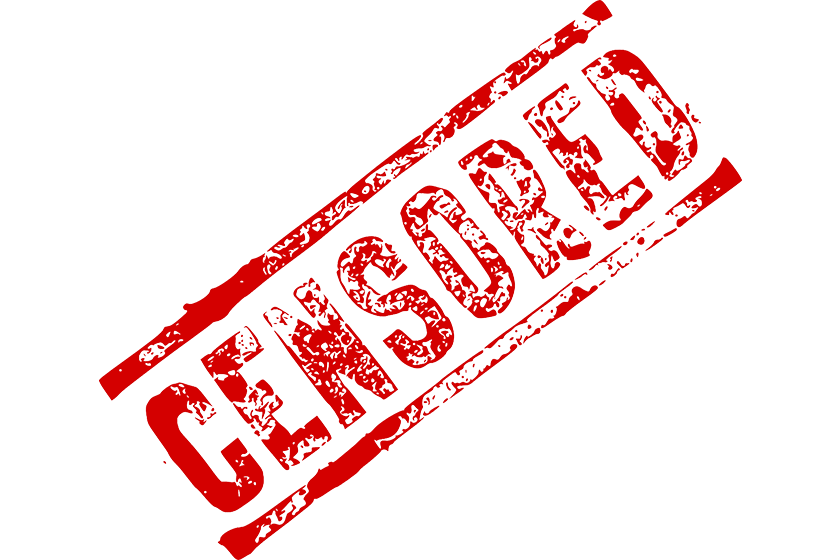Comedians know from experience, and research supports the proposition, that an audience will predictably laugh when observing a censored statement (whether bleeped or otherwise obscured) – at least where the audience has been primed by the context to interpret the statement as comedic. In a society that condemns censorship as the enemy of our cherished right of free expression, one might reasonably ask how this can be: why is censorship funny?
This article begins by canvassing the various forms of censorship humor flourishing throughout United States culture in print, film, television, music, and internet entertainment. The article then probes mainstream condemnation of censorship – observing that individuals, law, and society all benefit from line drawing – even in the context of something as special as freedom of communication. Through the lens of interdisciplinary humor studies as well as First Amendment doctrine, the article explores the notion that the laughter emerging from comedy featuring censorship might be a “tell” that exposes this truth.
Many censorship jokes simply ridicule the censor. Others, however, are more nuanced, suggesting that censorship humor might provide unique emotional rewards ranging from a spark emitted from the benign danger of a censored joke, the creative enterprise of imagining what message was – to the comfort of mapping the line between the proper and improper. Audience laughter at censorship humor often appears to derive primarily from pleasure. It might also include a measure of anxiety, fear, and anger. That complexity, however, does not mitigate the possibility that humans occasionally see and enjoy some inherent value of censorship as separating “right” from “wrong.” Download the paper at SSRN.


